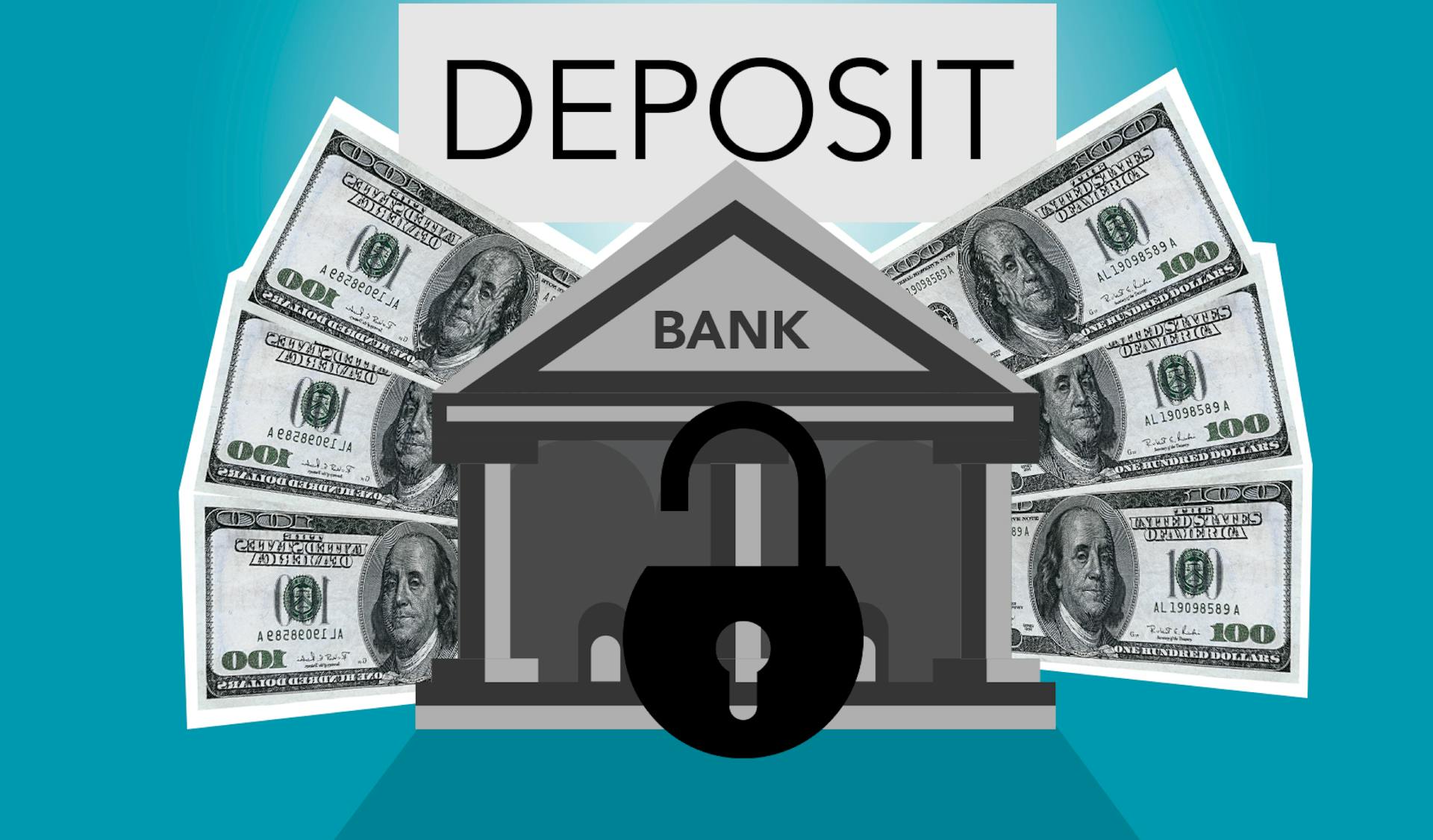
For investors, market fixed income solutions offer a way to generate regular income while preserving capital. This is especially important during times of economic uncertainty.
Investors can consider short-term bond funds, which invest in high-quality, low-risk bonds with maturities of one year or less. These funds are designed to provide liquidity and preserve capital.
Investors can also look to inflation-indexed bonds, such as Treasury Inflation-Protected Securities (TIPS), which offer a return that is adjusted for inflation. This can help protect against the erosion of purchasing power over time.
By diversifying their fixed income portfolio with a mix of short-term and inflation-indexed bonds, investors can reduce their reliance on interest rates and create a more stable source of income.
Fixed Income
Fixed income investments can be a great way to earn regular income while minimizing risk. One key consideration is the type of fixed-income security to invest in, as different goals require different approaches.

For those seeking maximum capital gains, low-rated securities like emerging market debt or high-yield bonds may be a good option. However, it's essential to keep in mind that these investments carry more risk.
Investing in government bonds and long-term maturity corporate bonds can also result in strong capital gains if interest rates are likely to fall. Corporate bonds typically offer higher returns than government bonds due to the increased risk.
If your main investment goal is providing a steady income, all fixed-income securities (except zero-coupon bonds) can provide regular interest payments. This makes the fixed-income market especially attractive to income-focused investors.
Risk-averse investors can reduce interest rate risk by investing in securities with short maturity periods (less than 5 years). They can also minimize default risk by choosing securities with a high credit rating.
Some safe investment options include U.S. Treasury bills, money market instruments (especially certificates of deposits), short-term corporate debt, and municipal bonds issued by municipalities with a high credit rating.
Tax advantages can also be a consideration when investing in fixed income. Municipal bonds, for example, offer tax-free income, making them a popular choice for investors seeking to maximize their after-tax income.
Here are some common fixed-income investments to consider:
- FDIC-insured CDs
- Bond funds
- Over 100,000 individual bonds
- Professionally managed bond portfolios
Understanding Investments

Fixed income investments can be a great way to earn regular income, but it's essential to understand how they work and the various types available. Fixed income securities, such as bonds, pay a fixed interest rate, known as the coupon, which is based on the creditworthiness of the borrower and current interest rates.
Investors can choose from various types of fixed-income securities to achieve their investing goals, including capital appreciation, income, and safety. If you're looking to make maximum capital gains, consider investing in low-rated securities like emerging market debt or high-yield bonds.
For those seeking a steady income, all fixed-income securities (except zero-coupon bonds) provide regular interest payments. This makes the fixed-income market attractive to investors who rely on a consistent income stream.
Risk-averse investors should focus on securities with short maturity periods (less than 5 years) to reduce interest rate risk and high credit ratings to avoid default risk. U.S. Treasury bills, money market instruments, short-term corporate debt, and municipal bonds issued by municipalities with a high credit rating are good options.

Some investors may also benefit from tax advantages, such as investing in municipal bonds, which offer tax-free income. This can be particularly beneficial for those seeking to maximize their after-tax income.
Here's a summary of the key characteristics of fixed-income securities:
By understanding the different types of fixed-income securities and their characteristics, you can make informed investment decisions that align with your goals and risk tolerance.
Risks of Investing
Investing in fixed income securities comes with its own set of risks that you should be aware of.
Inflation can significantly erode the purchasing power of your investments. This is because fixed income securities tend to be longer-lived and don't account for inflation, which means rising price levels can eat away at the value of your investments.
Interest rate risk is another major concern, as changes in interest rates can make your existing fixed income securities less valuable. For example, if you hold a 10-year bond that pays 3% interest, but interest rates rise and new bonds are issued with 4% interest, the value of your bond will likely fall.

Default risk is a significant risk associated with fixed income securities, where the borrower may default on their debt. This risk is incorporated into the interest rate of the security, with higher-risk securities offering higher interest rates.
You should also be aware of exchange rate risk and capital controls, which can affect your investments if you buy securities denominated in a foreign currency.
Here are the four major risks associated with fixed income securities:
- Inflation
- Interest rate risk
- Default risk
- Exchange rate and capital controls risk
In addition to these risks, credit/default risk is another significant concern, where the issuer may be unable to pay interest and/or principal in a timely fashion. This risk depends on the issuer's creditworthiness and financial obligations.
Reinvestment rate risk is another risk that you should be aware of, where a decline in interest rates can cause a decline in the options available for reinvesting your interest income.
Purchasing power risk is also a concern, where inflation reduces the purchasing power of your investments and the real rate of return on your investments.
Investment Types

Bonds are a type of investment where investors lend money to an issuer, who promises to repay the principal amount at maturity, along with regular interest payments.
These loans can be issued by governments or corporations to finance projects or operations. Bonds are essentially a loan, with the issuer making regular coupon payments, which represent the interest paid on the loan.
The frequency of these coupon payments can vary, but they often occur every six months.
Bonds
Bonds are a type of fixed-income security that can provide principal preservation, regular income, and potential tax benefits.
They can be defined as loans made by investors to an issuer, with the promise of repayment of the principal amount at the established maturity date, as well as regular coupon payments.
Bonds are typically issued by governments or corporations looking for ways to finance projects or operations.
There are different types of bonds, including corporate, municipal, and government bonds.

Investing in bonds can provide a steady income, as most bonds provide regular interest payments to investors.
Some bonds, such as municipal bonds, offer tax advantages, as the income received from them is usually tax-free.
Bonds can be traded on the market, with the NYSE conducting two daily bond auctions to facilitate trading.
Here are some key characteristics of bonds:
Both institutional investors and retail investors invest in fixed-income securities, each with different considerations when making investment decisions.
Money Instruments
Certificates of deposit, or CDs, are a type of investment that can offer FDIC-insured principal protection from a variety of different banks.
Brokered CDs, in particular, can provide a safe and stable investment option with a fixed return.
Fractional CDs allow for investments as low as $100, making them a great option for those with smaller amounts to invest.
These CDs often have minimum investment increments of $100.
Deferred fixed annuities offer a competitive guaranteed rate of return over a set time period, providing a predictable income stream.

Money market instruments, such as commercial paper and certificates of deposit, are considered some of the safest short-term debt instruments.
US Government Treasury Bills, or T-bills, are a type of money market instrument issued by the federal government, with maturities ranging from one to 12 months.
They are sold at a discount to their face value, with the difference between the market price and face value representing the interest rate they offer investors.
For example, if a Treasury bill with a face value of $100 sells for $90, it is offering roughly 10% interest.
Preferreds
Preferreds are a type of fixed income security that ranks lower on the capital stack.
They are sometimes called Subordinated Debt, and this lower ranking means that in the event of the issuer's creditworthiness deteriorating, Preferreds may not receive their coupon or principal payments.
This risk is called loss-absorption, and it's a key characteristic of Preferreds that sets them apart from other fixed income securities.
In essence, Preferreds are viewed as a hybrid security between fixed income and equities, making them a unique investment option.
Forms and Applications

The NYSE Bonds platform offers a unique investment opportunity for those looking to diversify their portfolios.
Current NYSE Member Firms have access to the platform through a specific application.
This application allows current NYSE Member Firms access to the NYSE Bonds platform.
Sources
- https://www.fidelity.com/fixed-income-bonds/overview
- https://www.us.hsbc.com/investments/products/fixed-income/
- https://www.nyse.com/markets/bonds/market-info
- https://corporatefinanceinstitute.com/resources/fixed-income/fixed-income-securities/
- https://corporatefinanceinstitute.com/resources/fixed-income/fixed-income-trading/
Featured Images: pexels.com


